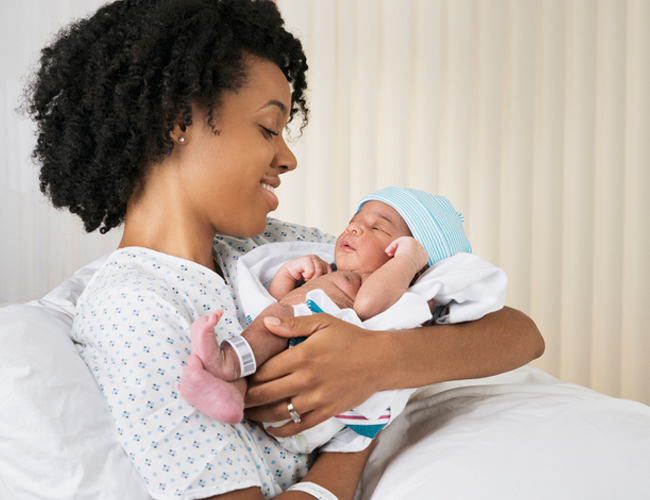Having a baby after a cancer diagnosis
Dealing with a cancer diagnosis is difficult enough, but if you hope to have a baby, it raises a whole new range of considerations. And you need to address them quickly.
The Cancer Association of South Africa (CANSA) estimates that one in four of us will be affected by cancer in our lifetime – and among the most common cancers are those related to our reproductive health: cervical, ovarian, uterine, vaginal, vulvar and breast cancer for women, and testicular, penile and prostate cancer for men.
“Unfortunately, it’s not only reproductive cancers that affect fertility,” says Dr Paul le Roux, a reproductive medicine specialist at the Cape Fertility Clinic. “Any type of cancer and the resulting treatment is likely to contribute to – if not cause – infertility.”
How does a cancer diagnosis affect fertility?
Cancer treatment can affect fertility in several ways, notes the National Cancer Institute:
• Surgery for reproductive or other cancers in the pelvic area, such as colon, bladder and rectal cancer, can damage reproductive organs or nerves and lymph nodes near them, and result in scarring, impairing fertility for women and men, or a woman’s ability to carry a pregnancy to term due to cervical or uterine damage. “Much depends on the size and location of the tumour,” says Dr Le Roux.
• Chemotherapy in women can affect the ovaries, causing them to stop releasing oestrogen and eggs. This may be temporary, and periods and fertility may resume after treatment, but sometimes the damage to the ovaries is long term and fertility does not return. In men, chemotherapy can damage sperm, or in young boys, the sperm-forming germ cells.
• Radiation therapy, too, can affect fertility, depending on the amount and the area being treated. In women, radiation near the pelvis or spine can damage the ovaries, unless these are protected by ovarian shielding or by oophoropexy – a surgical procedure to move ovaries from the radiation area. In men, radiation can destroy sperm cells and the cells that make them, reduce sperm count and lower testosterone levels. For some cancers, the testicles can be protected by testicular shielding. Radiation therapy to the brain may also harm the pituitary gland, says Dr Le Roux, which in women triggers the ovaries to produce hormones like oestrogen, needed for ovulation. In men, it can reduce the production of testosterone and of sperm.
• Hormone or endocrine therapy can impair fertility in either sex, disrupting a woman’s menstrual cycles and decreasing a man’s production of sperm.
What to do if you want to have a child
All this means that if you hope to have a child, it’s imperative to discuss the risk of infertility as soon as possible after a cancer diagnosis – before cancer treatment begins.
Discuss options with your partner, and with your oncologist, gynaecologist or urologist, and a reproductive health specialist. They can advise what is best for you, weighing your particular cancer, the stage, your age, treatments available, and costs, says Prof Michael Herbst, Health Specialist at CANSA.
With today’s medical advances, your options may include:
• Freezing eggs, sperm, an embryo or just ovarian tissue (if there’s no time for ovarian stimulation) before starting cancer treatment, to be used once you recover (or have implanted in a surrogate).
• In vitro fertilization (IVF) once you recover, using donor eggs or donor sperm.
• Intracytoplasmic sperm injection (ICSI), where individually selected healthy sperm are injected into an egg in a lab, for implantation.
• Surrogacy or adoption.
“If you’re considering taking steps to preserve your fertility and it’s possible, be sure you understand the risks and the chances of success of any fertility option you’re interested in, and keep in mind no method works 100% of the time,” says Lorraine Govender, CANSA National Manager: Health Promotion.
CANSA offers free emotional support to patients, caregivers and loved ones through its CANSA Tele Counselling service, support groups and Facebook support groups. Call 0800 22 66 22, email [email protected] or visit www.cansa.org.za
IMAGE CREDIT: Getty Images

